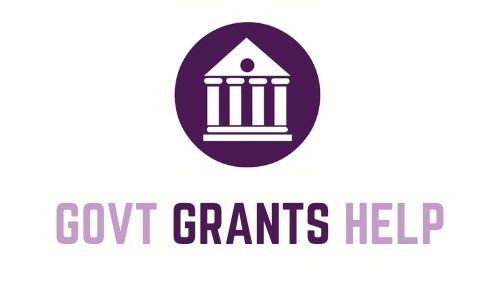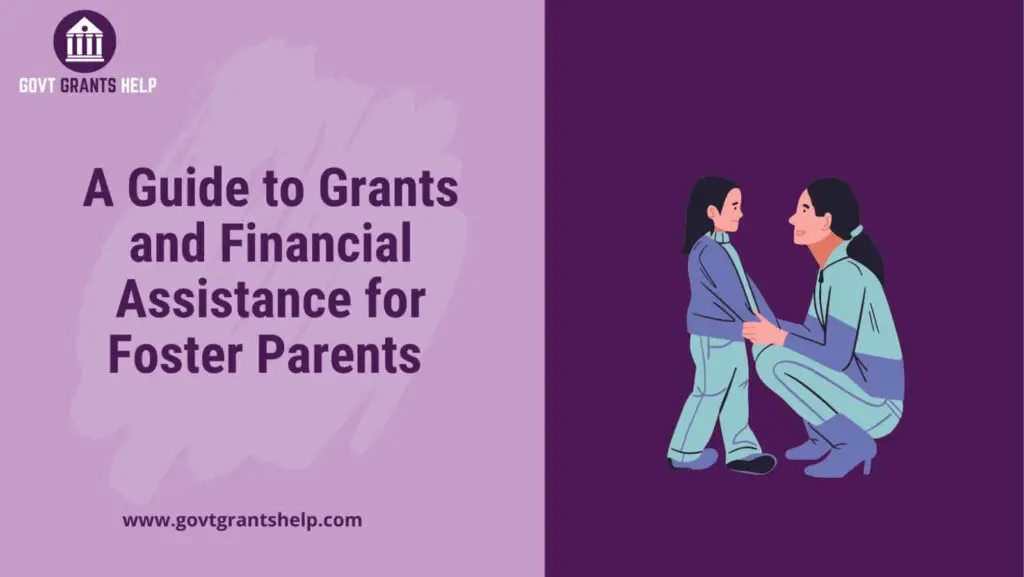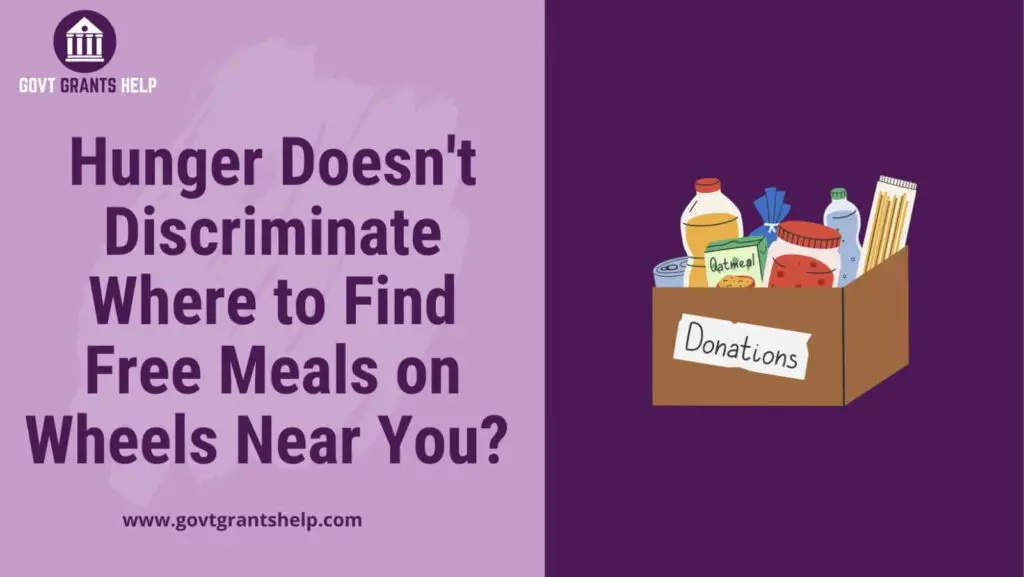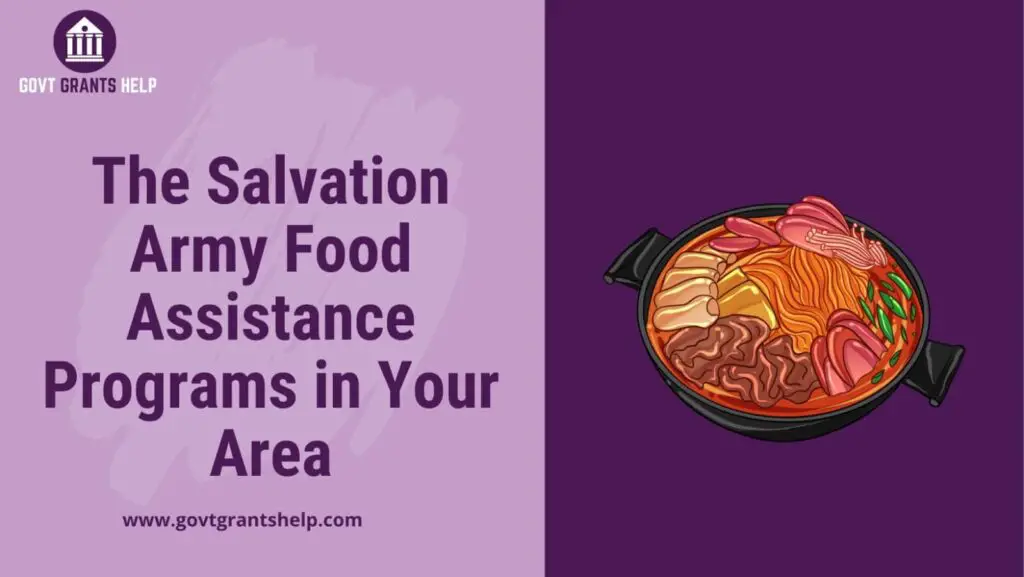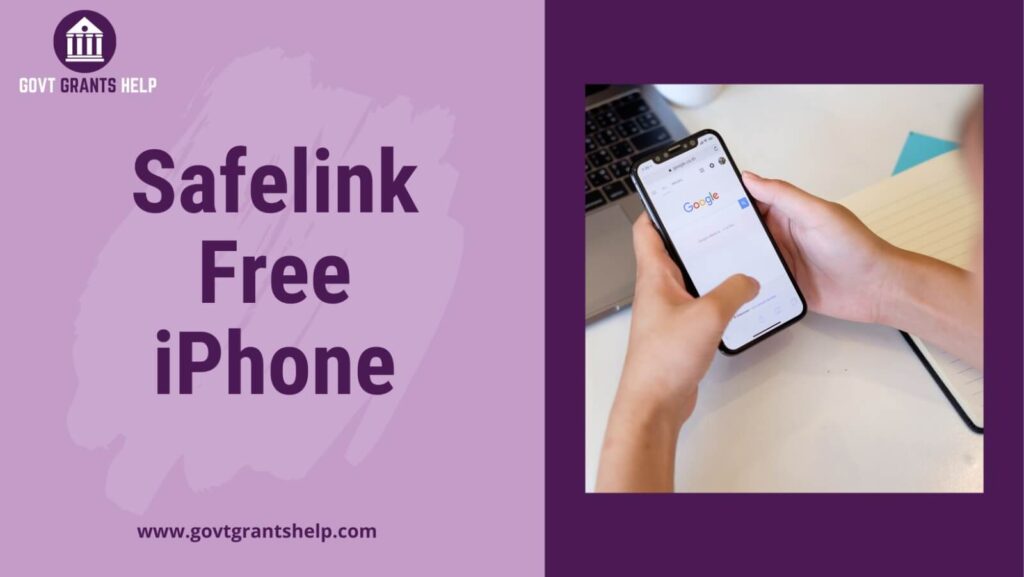Caring for a foster child can be a rewarding experience, but it can also be financially challenging. Many foster parents struggle to make ends meet, especially if the child has special needs or requires additional support. Fortunately, there are grants and financial assistance programs available to help foster parents provide for the children in their care.
These programs can help cover the cost of necessities, such as food and clothing, as well as other expenses, such as medical care and educational expenses.
In this post, we will provide a comprehensive guide to the various grants and financial assistance programs available for foster parents, including eligibility requirements, application processes, and tips for maximizing your benefits.
Whether you’re a new foster parent or have been caring for children for years, our guide will help you navigate the complex world of foster care financing and ensure that you have the resources you need to provide the best possible care for your foster child.
Free backpacks and School Supplies
Grants And Financial Assistance For Foster Parents
Foster parenting can be a challenging but rewarding experience, and it’s important to recognize the financial commitment that comes with it.
Fortunately, there are grants and financial assistance programs available to help alleviate some of the financial burdens that foster parents face. These programs can provide support for expenses such as food, clothing, and medical care for foster children.
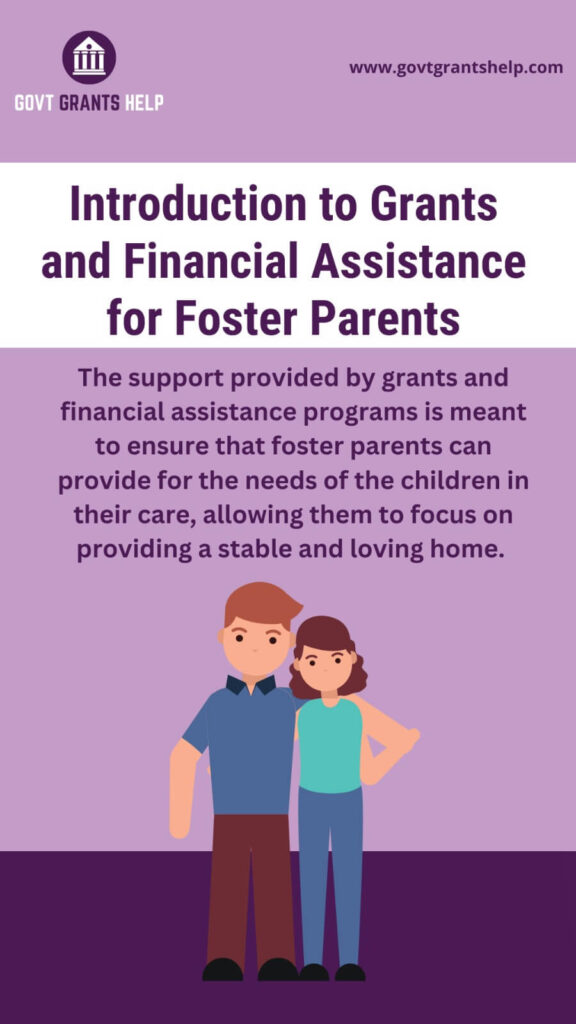
Some of the funding programs available to foster parents are state-funded, while others are private organizations or non-profits. These programs can vary by location and eligibility requirements, so it’s important to do your research and understand what options are available to you.
While grants and financial assistance can be incredibly helpful, it’s also important to note that foster parenting is not a job that is done for the money. The primary goal of foster parenting is to provide a safe and nurturing environment for children who need it.
The support provided by grants and financial assistance programs is meant to ensure that foster parents can provide for the needs of the children in their care, allowing them to focus on providing a stable and loving home.
Grants For Foster Parents To Buy A Home
Therefore, here are some grants for foster parents to buy a home :-
-
The United States Department Of Agriculture (USDA) Single Family Housing Direct Loan Program
Single Family Housing Direct Loan Program provides low-income families, including foster parents, with direct loans and grants to build, repair, or purchase homes in rural areas.
-
Housing And Urban Development (HUD) Good Neighbor Next Door Program
Good Neighbor Next Door Program provides a 50% discount on the purchase of HUD-owned homes to certain eligible professionals, including police officers, firefighters, teachers, and, in some cases, foster parents.
-
Habitat For Humanity
Habitat for Humanity organization helps low-income families build and purchase homes at affordable prices in partnership with local communities and volunteers.
-
Fostering Adoption To Further Student Achievement (FAFSA) Program
Fostering Adoption to Further Student Achievement (FAFSA) Program provides financial assistance to foster families who want to adopt one or more of their foster children, including assistance with purchasing a home.
-
National Affordable Housing Non-Profit Organizations
Many national nonprofits offer affordable housing programs, including assistance with home purchasing and mortgages, to low-income families, including foster parents.
-
State-Specific Assistance Programs
Many states provide housing assistance programs specifically for foster parents in their area. It’s worth checking with your state’s child welfare department or a local housing assistance agency to see what programs are available.
How To Get Free Refrigerator For Low Income Families
Federal Funding For Foster Parents
Federal Funding is an important aspect of financial assistance available for foster parents. The federal government offers various programs that help foster parents with the financial costs associated with taking care of a child.
One of the most significant programs is the Federal Title IV-E program, which provides financial assistance for foster care, adoption, and guardianship.
This program provides funding to states to assist with the cost of providing foster care services to children who have been removed from their homes due to abuse or neglect. The funding is meant to support the basic needs of the child such as food, clothing, shelter, and other expenses related to the child’s care.
Free Child Custody Lawyers For Mothers
In addition to Title IV-E, there are other federal programs available to foster parents, such as the Adoption Assistance Program, which provides financial assistance to families who adopt children with special needs. The program helps to cover expenses such as medical care, counseling, and other related services.
It’s important to note that each state has different eligibility requirements and application processes for federal funding for foster parents. It’s recommended that foster parents speak with their state’s child welfare agency to determine their eligibility for federal funding and how to apply.
Overall, federal funding can be a significant source of financial assistance for foster parents, helping them to provide for the basic needs of the children in their care and ensuring that they can offer a stable and supportive home environment.
State Funding For Foster Parents
One option for financial assistance for foster parents is state funding. Each state has its policies and procedures regarding funding for foster parents. Some states offer a monthly stipend to help cover the costs of food, clothing, and other necessities for the child.
The amount of the stipend varies by state and is often based on the age of the child and any special needs they may have. In addition to the monthly stipend, some states offer reimbursement for expenses related to the care of the child, such as daycare, transportation, or medical expenses not covered by insurance.
To qualify for state funding, foster parents must meet certain requirements, such as completing training and background checks.
It’s important to research the specific policies and procedures in your state to understand what financial assistance is available and what requirements must be met.
Foster parents can also work with their caseworker to ensure they are receiving all available assistance and to address any additional needs or concerns. State funding can be a valuable resource for foster parents to provide the best possible care for the children in their homes.
Private Grants For Foster Parents
While government grants and financial assistance can often be a great resource for foster parents, there are also private grants available that can help alleviate some financial burdens. These grants may come from non-profit organizations, corporations, or even private individuals.
One such organization is the National Foster Parent Association, which offers a variety of grants and scholarships to foster parents. Their grants can be used for anything from helping with adoption costs to covering expenses for extracurricular activities for foster children. The NFP also offers grants specifically for kinship caregivers, who are caring for children who are related to them.
Another option is the Foster Care to Success organization, which offers grants and scholarships to youth who have experienced foster care. These grants can help with things like college tuition, vocational training, and even basic living expenses.
Several corporations offer grants to foster parents. For example, State Farm offers grants to foster parents who are State Farm employees, while the Dave Thomas Foundation for Adoption offers grants to adoptive parents who are employed by Wendy’s.
Private grants can be a great resource for foster parents who are looking for additional financial support. While they may require some research and effort to find and apply for, they can provide much-needed assistance in providing the best possible care for foster children.
Eligibility Criteria Grants For Foster Parents And Financial Assistance
There are various grants and financial assistance available for foster parents, but it’s important to note that eligibility criteria will vary depending on the organization providing the support.
Some common criteria that you may come across include :-
-
Age
Foster parents usually have to be at least 21 years old to be eligible for financial assistance.
-
Income
Some grants may require that foster parents have a certain income level or be below a certain income threshold. This is to ensure that the foster parent has the financial means to care for the child.
-
Background Checks
Foster parents must undergo background checks, including criminal history and child abuse registry checks, to ensure that they are suitable to provide care for a child.
-
Home Safety Requirements
The foster home must meet certain standards to ensure that it is safe for the child. This includes having smoke detectors, fire extinguishers, and safe sleeping arrangements.
-
Training
Foster parents may be required to undergo training or certification to be eligible for financial assistance. This is to ensure that they have the necessary skills and knowledge to provide for the child’s needs.
It’s important to research the specific eligibility criteria for each grant or financial assistance program to ensure that you meet the requirements before applying.
Additionally, some grants may require ongoing eligibility criteria, such as attending regular training sessions or providing regular updates on the child’s progress.
How To Apply Grants For Foster Parents And Financial Assistance?
If you are considering becoming a foster parent, it is important to know that there are many grants and financial assistance programs available to help you along the way.
Here are some steps to follow when applying for foster parent grants and financial assistance :-
-
Research Available Programs
There are many different grants and financial assistance programs available for foster parents, both at the state and federal levels. Do some research to find out what programs you may be eligible for.
-
Understand The Eligibility Requirements
Each program will have its own set of eligibility requirements. Make sure you understand what these requirements are before applying.
-
Gather Necessary Documents
You will likely need to provide documentation such as proof of income, tax returns, and background checks. Gather these documents ahead of time to make the application process smoother.
-
Complete The Application
The application process will vary depending on the program. Some may require an online application, while others may require a paper application. Follow the instructions carefully and make sure you provide all necessary information.
-
Follow Up On Your Application
After submitting your application, it is important to follow up to ensure that it has been received and is being processed. If you have any questions or concerns, reach out to the appropriate contact person for the program.
By following these steps, you can increase your chances of receiving grants and financial assistance to help you on your journey as a foster parent. Remember, these programs are designed to support you and the children in your care, so take advantage of them if you are eligible.
Tips For Successful Grant Applications
Applying for grants can be a daunting process, but with the right preparation and approach, you can increase your chances of success. Here are some tips for successful grant applications :-
-
Research
Before applying for a grant, make sure you thoroughly research the grant provider and their eligibility requirements. This will help you determine whether you meet the requirements and can tailor your application accordingly.
-
Follow Instructions
Be sure to read the application instructions carefully and follow them precisely. Many grant providers will reject applications that do not follow their guidelines.
-
Highlight Your Achievements
In your application, highlight your achievements and why you are well-suited for the grant. Use specific examples and statistics wherever possible to demonstrate your experience and expertise.
-
Be Concise
Keep your application concise and to the point. Avoid using jargon or overly technical language, and focus on communicating your message clearly and effectively.
-
Get Feedback
Before submitting your application, ask a trusted friend or colleague to review it and provide feedback. This can help you identify any areas for improvement and ensure that your application is strong and convincing.
By following these tips and putting in the time and effort required to prepare a strong application, you can increase your chances of securing grants and financial assistance to support your work as a foster parent.
Other Sources Of Support For Foster Parents
While financial assistance is vital support for foster parents, other sources of support can be equally important for the well-being of both the foster parents and the foster children.
One of the most valuable sources of support can be found in support groups, where foster parents can connect with others in the same situation and share their experiences, advice, and emotional support.
These groups may be organized by local foster care agencies, advocacy organizations, or community groups, and can provide a range of resources and services, such as respite care for foster parents, training and education, and access to mental health services.
Another important source of support for foster parents is access to legal services, which can be essential in navigating the complex legal system that governs foster care and adoption.
Many advocacy organizations and legal clinics offer free or low-cost legal services for foster parents, including assistance with adoption, custody, and other legal issues.
Finally, foster parents need to have access to resources that can help them provide a safe, stable, and nurturing home environment for their foster children.
These resources may include educational and developmental services, such as tutoring, mentoring, and after-school programs, as well as health and wellness services, such as counseling, medical care, and nutrition assistance.
By accessing these additional sources of support, foster parents can provide the best possible care for their foster children, and ensure that they have every opportunity to thrive and succeed.
Conclusion:-
In conclusion, it can be said that grants and financial assistance for foster parents are available to help ease the financial burden of providing care for foster children.
With the help of these grants and assistance programs, foster parents can provide a stable, loving home for children in need without having to worry about the financial implications.
It is important to note that the availability and eligibility criteria of these grants and assistance programs vary from state to state. Therefore, foster parents should research and inquire about the specific programs available in their state to ensure they are taking advantage of all the available resources.
Lastly, fostering can be both a rewarding and challenging experience. Foster parents should always seek support from their agency, other foster parents, and professionals in the field to ensure they are giving the children in their care the best possible chance at a successful future.
Frequently Asked Questions
What types of financial assistance are available for foster parents?
There are several types of financial assistance available such as monthly stipends, clothing allowances, medical and dental insurance, and reimbursement for certain expenses.
Can I receive financial assistance even if I work and have a steady income?
Yes, financial assistance is available regardless of your income level. However, the amount of assistance you receive may vary depending on your income.
How do I apply for financial assistance?
You can apply for financial assistance through your local foster care agency. They will provide you with the necessary forms and guide you through the application process.
How long does it take for financial assistance to be approved?
The approval process can vary depending on the state or agency. It can take anywhere from a few weeks to a few months.
Can I receive financial assistance for taking care of a relative’s child?
Yes, financial assistance is available for kinship care. This is when a relative or close family friend assumes the role of a foster parent.
Do I have to repay any of the financial assistance provided?
No, financial assistance for foster parents is not a loan. It is a non-taxable grant that is intended to help with the expenses of raising a child in foster care.
